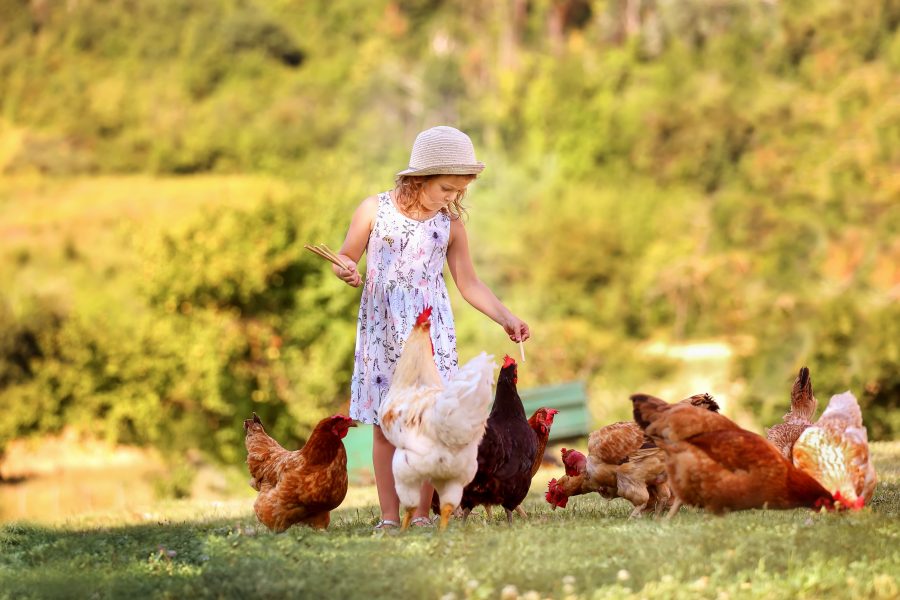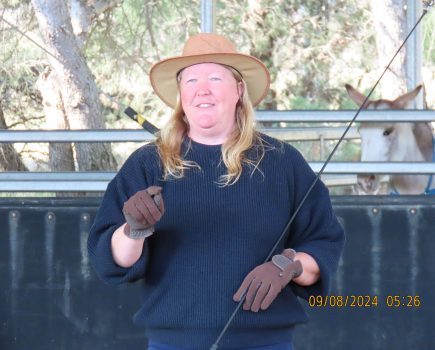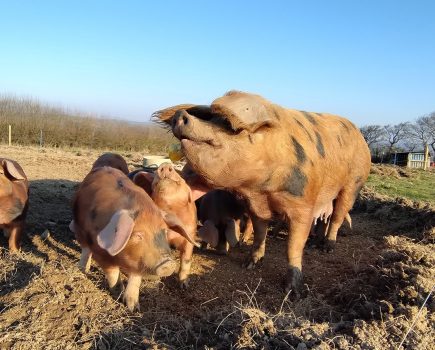With Avian Flu still within our shores, David Parsons MRCVS says we must not let up on bio-security for birds…
When dealing with sickness, I am always playing catch up. It has always been this way. We thought we were so good being able to eliminate Avian Influenza (AI) from the UK in years past. Why has it not worked this year? Just as I was thinking of putting fingers to keyboard last night, up pops another notification of more AI on the South Coast.
It is still being detected in dead wild birds. Initially, geese and ducks, then raptors and more recently seagulls. In 2021 no positive findings were reported in these except for three cases in great skuas between week commencing 12th April and week commencing 25th October. This year there have been multiple positives recorded in wild birds each week since April 12th to June 22nd. As long as there is infection present in wild birds in the UK, then the possibility of spread into domestic poultry is possible. This also begs the question as to whether AI is now endemic in the UK. I would suggest, purely on the basis of the wild bird findings and the fact that it keeps popping up in domestic poultry, that AI can now be included as another common cause of death which can occur at any time of the year but will probably still be worse in the winter than summer.
Thus whilst the requirement to house poultry has been lifted, the Avian Influenza Prevention Order is still in place. This is what is preventing holding “bird gatherings” of specifically galliforme birds (pheasants, partridge, quail, chickens, turkeys and guinea fowl) and anseriforme birds (ducks and geese). It does not look as though this is likely to change any time soon. In theory, this should not affect the taking of poultry from one premises to an agricultural show for display or sale purposes. All you need is the appropriate license. Well so I would have thought. There was not a poultry tent at this years New Forest Show. Allegedly, this is due to Trading Standards not permitting this for reasons that I am not privy to but could include public health. In this case I presume that means the possibility of transmission of Avian Influenza from uninfected chickens to the general public or perhaps the concern that the general public might transmit Covid to the poultry.
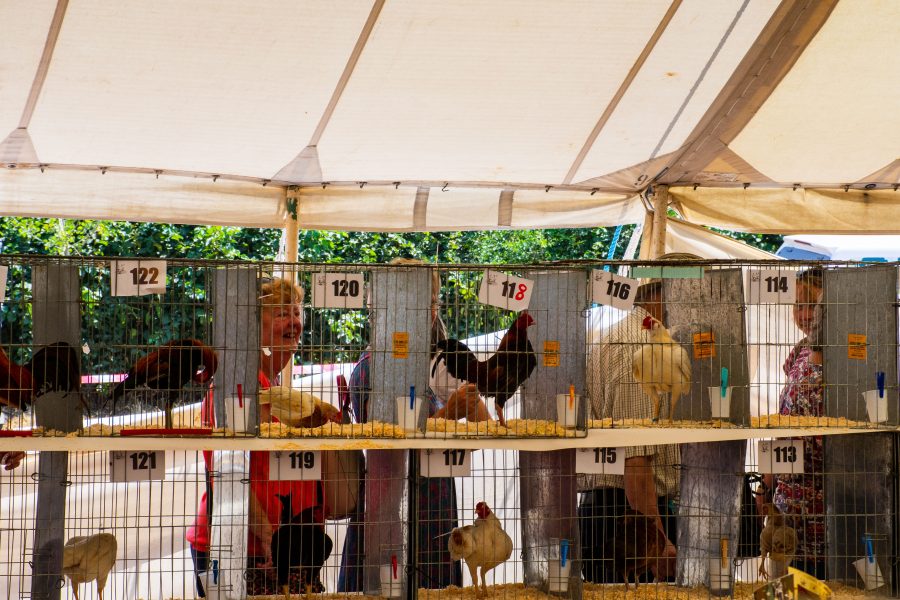
The Avian Influenza Prevention Order is preventing “bird gatherings”
Why is winter worse for Avian Flu?
We know that during the winter months, Avian Influenza virus can survive in faeces and soil for weeks to months providing the temperatures are cold enough. In the summer the high temperatures and ultraviolet light should significantly reduce if not eliminate the virus from the environment. Yet wild birds are still dying, how can this be? The answer must surely be that there is still infection in a proportion of wild birds. When these die and the carcasses are scavenged by other birds, infection can be passed on. It may be that there is simply more virus about and the virus has adapted to surviving in some hosts better without killing them and is therefore excreted for longer. The continual encroachment of humankind into wild bird habitats simply means that wild birds are now confined to less and less land. This means contact between individuals of the same and different species is more likely and viruses are taking advantage of this. From a poultry keeping perspective you should really be giving a great deal of thought to whether you have a single or mixed species flock. I have little doubt that keeping waterfowl for the next few years is going become ever more challenging. Mixed species flocks, especially of waterfowl and chickens is not to be encouraged. Where this is the case they should be quite separate from each other. I have not counted how many backyard flocks have been infected and slaughtered this time. It will be a significant number and much more than in previous years. Consequently, the philosophy that it is unlikely to happen to me is not as tenable as it once was.
Whilst this probably does not apply to many of you, do be very careful about trying to nurse sick wild birds. If that wild bird does happen to be infected with AI you have not only put your poultry in jeopardy but may also have exposed yourself to potentially catching Avian Influenza. The take home message is that this virus is successfully adapting.
Too often we are found to be failing in basic hygiene precautions. You have one chance, get it wrong and at best your flock is dead.
Is there anything positive happening?
The good news is that enhanced efforts are being made to find a vaccine that will work against the current strain and hopefully also give reasonably broad protection against similar strains.
A recent communication from the Pirbright Institute tells us that they will be part of a consortium of experts helping to tackle bird flu. £1.5 million is being spent examining the following:
Monitoring current flu virus strains
- Understanding spread of disease in different bird populations
- Developing models to predict how the Avian Influenza virus may spread
- Informing strategies to decrease risk of disease and transmission to people.
Professor Munir Iqbal, Head of Pirbright’s Avian Influenza Virus group, said: “The expertise of Pirbright’s researchers will help to achieve the key aims of this consortium and as an Institute we are extremely proud to be part of this. Avian Influenza is an economically important virus that has devastating effects on the poultry industry, therefore improved understanding of the virus will give us more insight into how it spreads and inform our control strategies to prevent it from spreading to people and other animals.”
So what Is your take home message from this?
- At long last someone is spending sensible sums of money to try and come up with control solutions before rather than after the event, or
- Someone seriously thinks this could be the next human pandemic, or
- Government has been reducing research funding for years. Now we have a chance to get some back, or
- All of the above.
This brings me on to my final bit about influenza. A while ago, I was asked by a Nottingham University veterinary student to help with a survey they were about to do. Well it is now complete and it shall be the topic of an article.
Sol is a 4th year student soon to embark on her final year. I asked her to write a piece by way of an introduction because my instant thought, for those who like catch phrases was “ I don’t believe it”. This is why –
“Oh, you’re a vet student? You must know about this terrible bird flu around at the moment, it’s so crowded in my house these days. Between my partner, the kids and all the chickens, the kitchen is so full at dinner time”. I tentatively asked the lady grooming her horse, “Why are your chickens in the kitchen?”. She replied, “Haven’t you heard? You have to keep them indoors now, the government said so”.
Following this conversation, I wondered what other pieces of information on Avian Influenza may be being misconceived or misinterpreted by backyard flock keepers? Could the consequences of miscommunication cause more harm to animal and human health than Avian Influenza itself? I approached my professors at The University of Nottingham in the hope that we could find some answers, starting with a survey….”
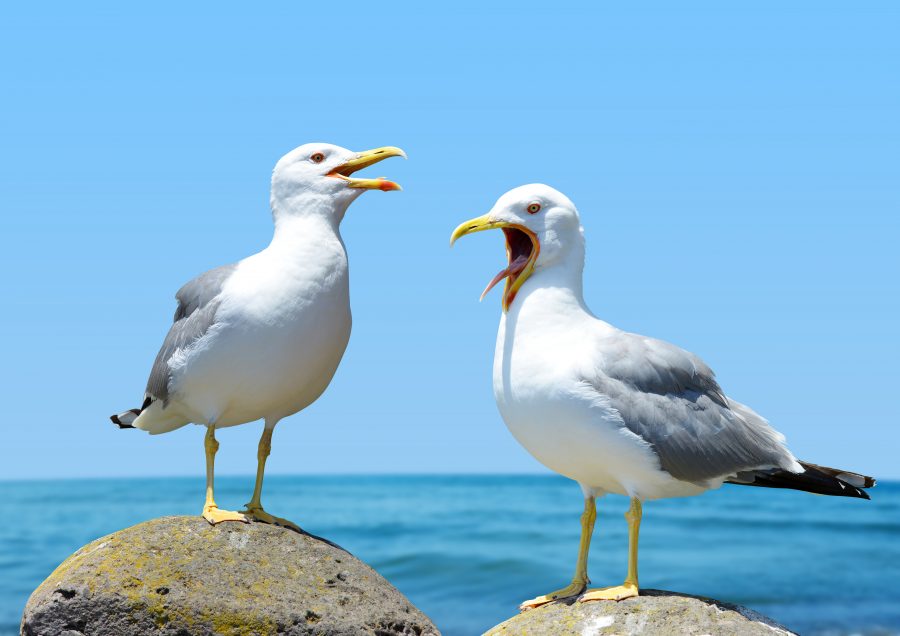
Avian flu is still being found in dead wild birds, more recently seagulls
Watch out for worms
Everything seems to be happening later this year and that includes my hay fever that I know is due to grass pollen. The grass has flowered later. The temperatures are now up and red mite has exploded so I hope you took note of my previous article.
Worm eggs will also be maturing nicely on the pasture and slugs and snails will soon be in abundance. Check your flocks for round worms and tapeworms. Best of all though is do like all good horse owners – pick the poo up.
For all cocker spaniel owners and those with dogs of a similar conformation keep an eye out for grass seeds and burs on ears and feet. My Ruby seems to attract bits from the wild like it has gone out of fashion and vets are so expensive these days!
This article was taken from The Country Smallholder. For more articles like this, subscribe here.

